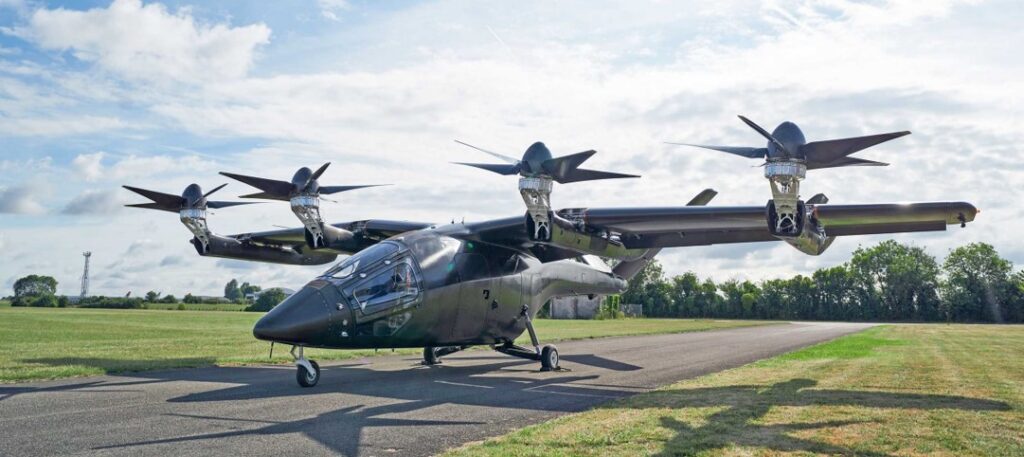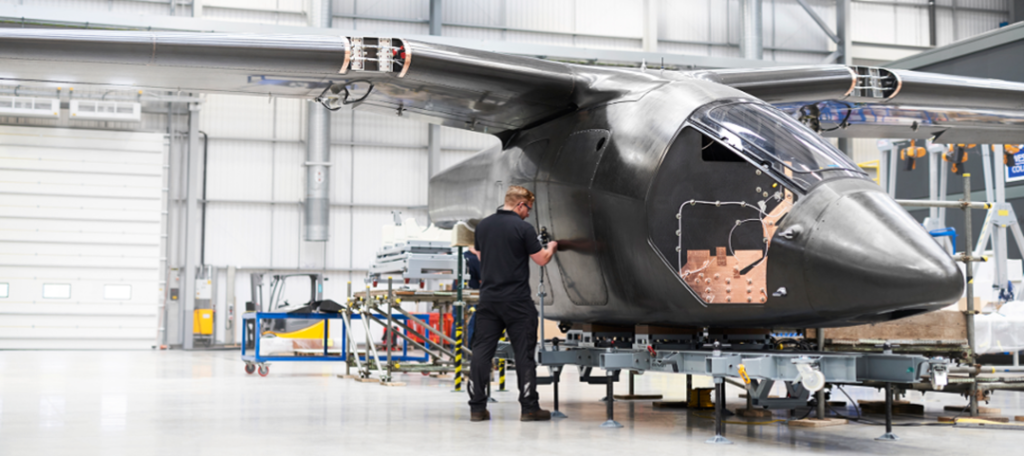As the electric aviation landscape rapidly evolves, you’re witnessing a transformation that will redefine aerial mobility across the United Kingdom.
With numerous airfields adopting electric aircraft and companies investing in electric aircraft development, the UK is positioning itself at the forefront of this revolutionary technology. Combining cutting-edge engineering, supportive regulatory frameworks and increasing environmental consciousness creates the perfect conditions for electric aviation to thrive in British skies.

The Current Landscape of Electric Aviation in the UK
The electric aviation ecosystem in the UK is expanding at an unprecedented pace. UK airfields already have resident electric aircraft, with infrastructure development accelerating to support this growing fleet. You’ll find that regional airports are installing charging stations specifically designed for electric aircraft, recognising the imminent shift toward this technology.
Companies like Vertical Aerospace are pioneering electric aviation through innovative designs and practical applications. Their VX4 eVTOL (electric vertical take-off and landing) aircraft exemplifies British engineering excellence, promising to transform urban and regional transportation. Capable of carrying a pilot and four passengers at speeds up to 200mph with zero operating emissions, the VX4 represents the practical reality of what electric flight can achieve.
The UK government has demonstrated commitment to electric aviation through targeted funding initiatives and regulatory support. This creates an environment where you can expect to see electric aircraft across the UK becoming increasingly common at both major airports and smaller regional airfields.
Technological Advancements Powering the Electric Aviation Revolution
The technology driving electric aviation continues to mature rapidly. Battery energy density (historically a limiting factor) has seen significant improvements, enabling longer flight durations and greater payloads. You’re now seeing aircraft that can operate commercially viable routes with the clean flight and lower operating costs that electric propulsion provides.
Hybrid-electric aircraft are bridging the transition period, offering extended range while still dramatically reducing emissions. These aircraft combine conventional and electric propulsion systems, allowing you to benefit from reduced environmental impact without sacrificing operational flexibility. This technology will propel the aviation industry to a decarbonised future through incremental yet meaningful steps.
Vertical take-off and landing aircraft are defining the future of all-electric flight, particularly for urban mobility. These aircraft eliminate the need for traditional runways, opening up possibilities for point-to-point travel between city centres. The technology enables you to reimagine regional connectivity, with electric aircraft serving routes impractical or uneconomical for conventional aviation.

Economic and Environmental Benefits of Electric Aviation in the UK
The shift toward electric and sustainable aviation offers compelling economic advantages. Operating costs for electric aircraft are substantially lower than those of their conventional counterparts. You’ll benefit from reduced fuel expenses, simpler maintenance requirements and longer component lifespans. These savings make electric aviation particularly attractive for frequent, short-haul operations.
Environmental benefits extend beyond the obvious reduction in carbon emissions. Electric aircraft produce significantly less noise pollution, allowing operations closer to urban centres without creating the same level of disturbance. This enables you to develop new route networks serving locations previously restricted by noise considerations.
The growth of electric aviation is creating a robust ecosystem of specialised jobs across the UK. From engineering and manufacturing to operations and maintenance, this sector is generating high-skilled employment opportunities. You’re witnessing the formation of a new industry that combines aviation expertise with electrical engineering knowledge, creating unique career paths.
With hybrid-electric aircraft propelling the aviation industry toward a decarbonised future and companies like Vertical Aerospace demonstrating what’s possible, the UK continues strengthening its position as a global leader in this transformative technology.
As electric aircraft become increasingly common across the UK, you’ll experience aviation that’s cleaner, quieter and more efficient. Today’s pioneering work lays the groundwork for a revolutionary change in how we connect communities, conduct business and experience travel in the decades to come.